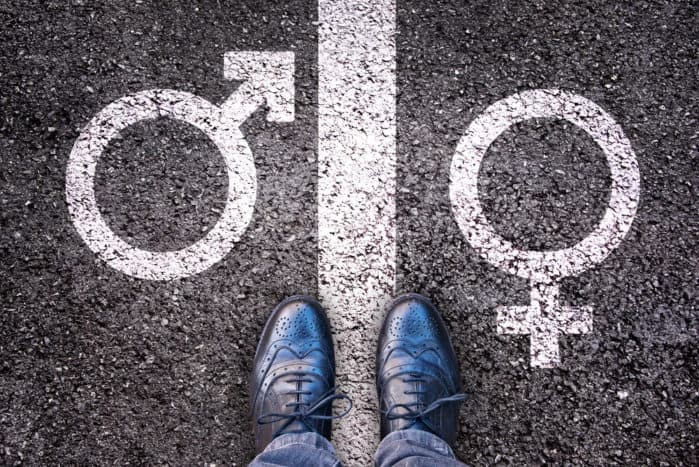Contents:
- Medical Video: The power of vulnerability | Brené Brown
- Effect of sexual orientation on heart health
- Bisexual men have a high risk of heart disease
- How come?
Medical Video: The power of vulnerability | Brené Brown
Sexual orientation does not only consist of heterosexuality (men like women and vice versa), but also homosexuality (like same-sex) and bisexuality in the midst of various other sexual orientations. Worldwide, rates of sexually transmitted diseases due to same-sex and bisexual relationships are increasing. Not only that, a recent study found that bisexual men have a high risk of heart disease later in life. Indeed, what is the effect of sexual orientation on heart health? See the full explanation below.
Effect of sexual orientation on heart health
Based on a new study published in the LGBT Health journal, it is known that bisexual men have a higher risk of heart disease than heterosexual men. Bisexuality is sexual orientation (interest) in two sexes, namely women and men. This is regardless of your own gender identity. So a bisexual man feels interested in both women and men.
Back in the study, the researchers tested the difference in risk factors that can be changed for heart disease and the diagnosis of heart disease in men with different sexual orientations. Some measured risk factors include mental health, smoking habits, binge drinking, diet, and exercise.
Biological risk factors such as obesity, hypertension, diabetes, and cholesterol are also measured. While participants who reported experiencing angina, coronary heart disease, heart failure, heart attack, or stroke were considered to have a diagnosis of heart disease.
The researchers analyzed responses from more than 7,000 men aged 20 to 59 years. Differences were analyzed in four groups based on their sexual identity: gay men, bisexual men, heterosexual men who had sex with men (for example because of experimenting / experimenting), and heterosexual men.
Bisexual men have a high risk of heart disease
Through these studies, bisexual men are known to be at higher risk of heart disease than heterosexual men. In fact, bisexual men are also known to be at high risk of mental stress, obesity, hypertension, and so on. Whereas gay men, heterosexual men, and heterosexual men who have sex with men have the same risk of heart disease.
This finding ultimately highlights the impact of sexual orientation on the health of a man's heart and blood vessels. Billy Caceres, PhD, RN, AGPCNP-BC, lead author of the study even suggested doctors and public health workers should develop special screening and prevention to reduce the risk of heart disease in bisexual men.
How come?
Psychological pressure for being a minority is one of the main reasons behind the influence of sexual orientation on health. In fact, this is what ultimately contributes to chronic stress, mental disorders, smoking addiction, alcoholic beverages, to drug use.
Experts believe that drug use among minorities is a reaction to homophobia, discrimination, or violence faced as a result of their sexual orientation. While the American Cancer Society also notes how the tobacco industry has targeted and exploited the LGBT community with aggressive marketing.
Not only that, the problem with families who did not accept their identity and lack of support from the closest people finally threatened the mental health of bisexual people. Now, this bad mental health is a big risk factor for heart disease.
However, regardless of the things mentioned above, basically the main risk factors for heart disease depend on one's lifestyle and diet. Make sure you check with your doctor regularly to deal with all risk factors and reduce the risk of heart disease as much as possible.















